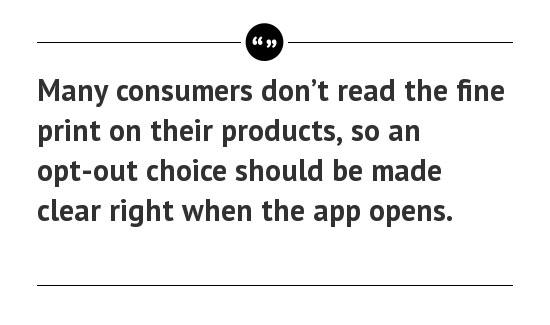NEW YORK—Companies that make personal fitness devices could sell the personal information and health data stored on those devices to third-parties without users knowing, U.S. Sen. Chuck Schumer warned on Sunday.
Popular devices like Fitbit and Nike Fuel wristbands track one’s activities throughout the day as a way to motivate the user to exercise more. The devices can record one’s GPS location, number of steps made, sleeping patterns, and heart rate—data which is then sent to a mobile phone app that keeps track of one’s progress. Users can also enter other health information into the apps, such as their weight, blood pressure, and food intake.
At a press conference held in Central Park on Sunday, the senator from New York said there are currently no laws forbidding companies from selling the information recorded on these devices to third parties. He called on the consumer protection government agency, the Federal Trade Commission, to require that companies inform device owners their data can be stored and sold, and then give them the option to opt out. He also urged the same rules be applied to the many mobile apps that track users’ health data.

“Privacy laws have not caught up with new technology that keeps us healthy,” Schumer said, calling the devices “a true privacy nightmare.”
Schumer warned that users’ data can be sold to insurance companies or potential employers who can make decisions based on users’ health statistics.
Fitbit’s privacy policy addresses the disclosure of information to third parties, and said the company may share users’ personal information “with companies who provide services such as information processing, order fulfillment, product delivery, customer data management, customer research and the like.”
But Schumer said many consumers don’t read the fine print on their products, so an opt-out choice should be made clear right when the app opens.





